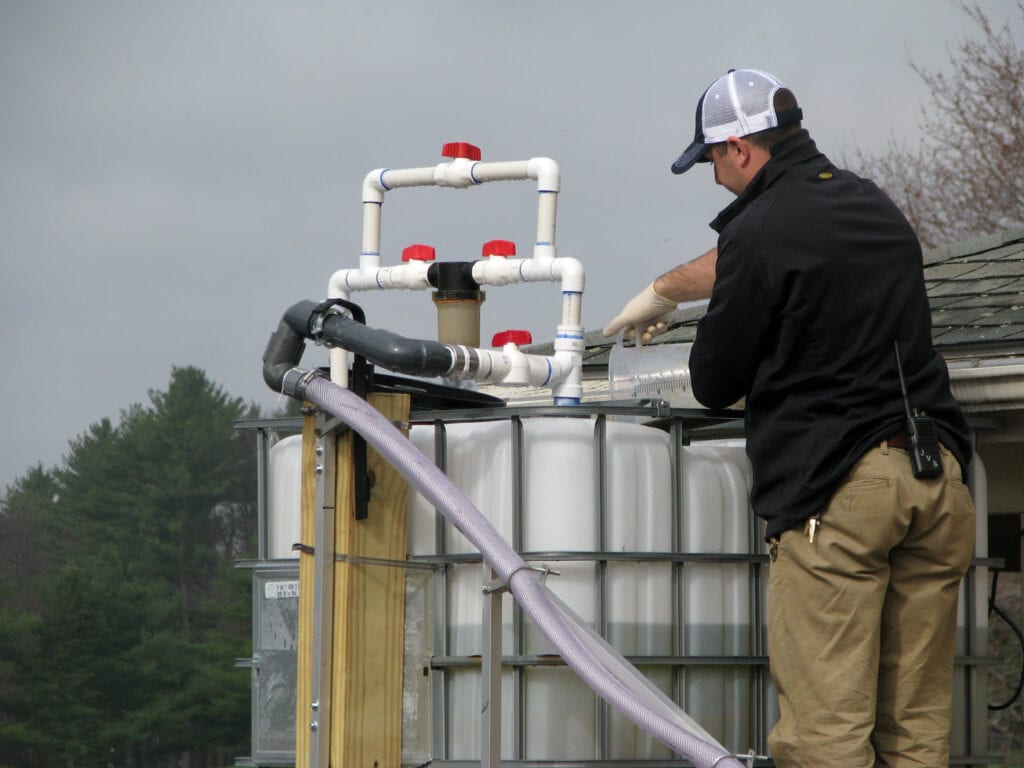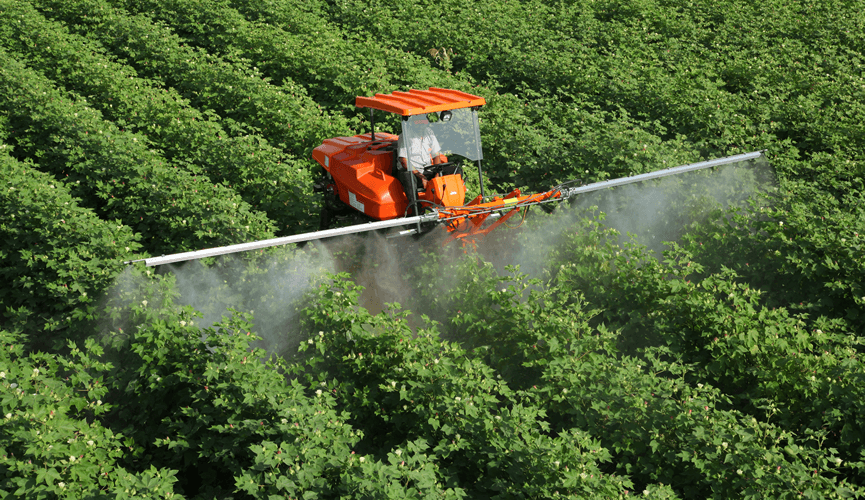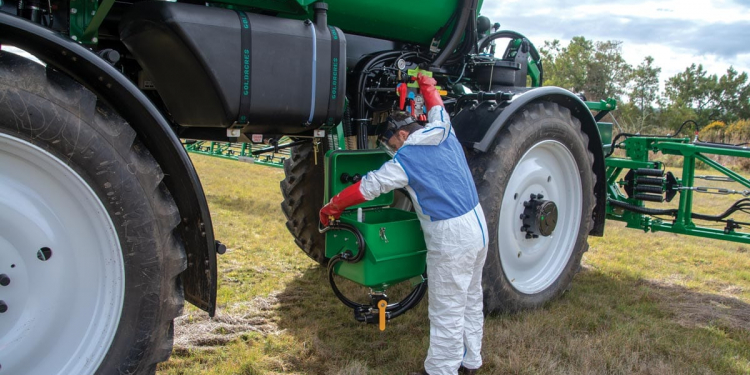Arable farmers would like to reduce the use of crop protection products, but do not have the correct knowledge about possible alternatives. Collaboration between farmers, but also with independent agricultural advisory services, would accelerate the reduction of chemical pesticides.
This is the view of researcher Lieneke Bakker in her dissertation on the use of crop protection agents in Dutch arable farming. She recently obtained her PhD on this subject from Wageningen UR. “Farmers are of good will,” says Bakker. “They do intend to use less chemistry, but they cannot do it or cannot do it alone.”

Influenced by the neighbor
For her research, she conducted a survey of conventional arable farmers and investigated what prevents farmers from using less insecticides. “Farmers feel that they do not have the right knowledge about the possible alternatives. So there is a knowledge gap. In addition, they are very much influenced by what the neighbor does. So they look at each other. ”
Arable farmers find themselves on a treadmill of pesticide use, according to Bakker. It’s difficult to break out of that, says the researcher. Collaboration is essential to initiate change, she says.
Independent agricultural extension
She also advocates the reintroduction of independent agricultural extension services. “It used to be there, but it has been cut back. Farmers would like to see good examples of how less spraying still produces a good yield. ”
The importance of collaboration is also evident from a large field study conducted by Bakker. She mapped the effects of insecticide use at 38 locations in the country. This was done by monitoring insects in field margins of both biologically and conventionally managed plots. The focus was on natural enemies of pest species and pollinators.
Quarter less insects
Bakker found a strong link between the estimated level of insecticide use in the wider area (a radius of one kilometer) from the field edge and the number of insects. A lot of spraying reduces the number of insects by a quarter. But it did not matter whether that field edge is next to a biologically or conventionally managed field. “The use of insecticides affects the entire landscape,” says Bakker.

“The negative effect of this is therefore not limited to the field where spraying is done, but spreads to the environment.” The ‘organic’ field edge will therefore also have to deal with insecticide use further away. Bakker: “The choices of individual farmers influence each other. For real change you have to look for solutions in a collective way. ”








